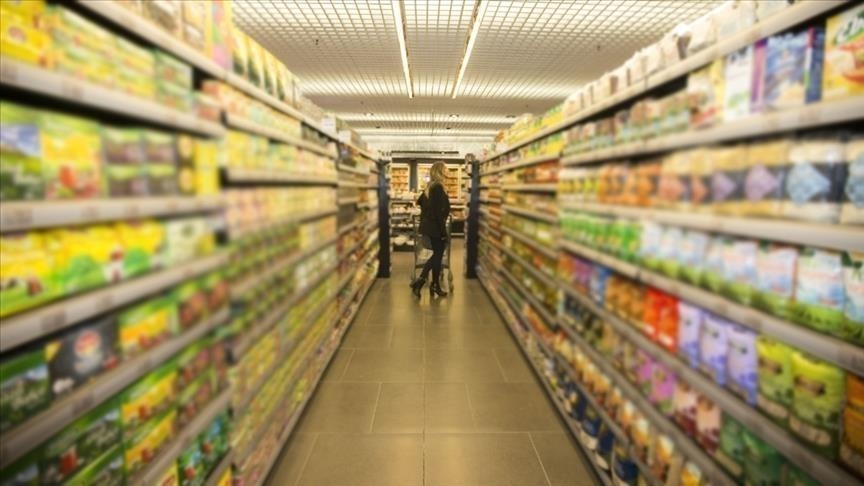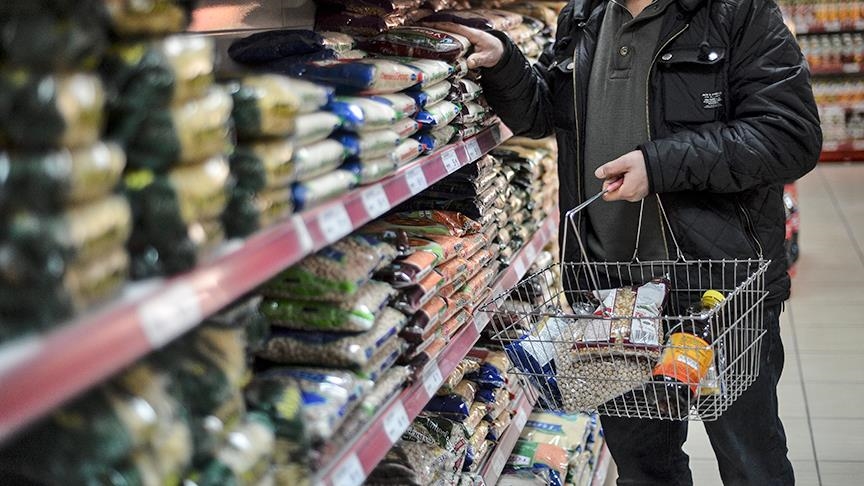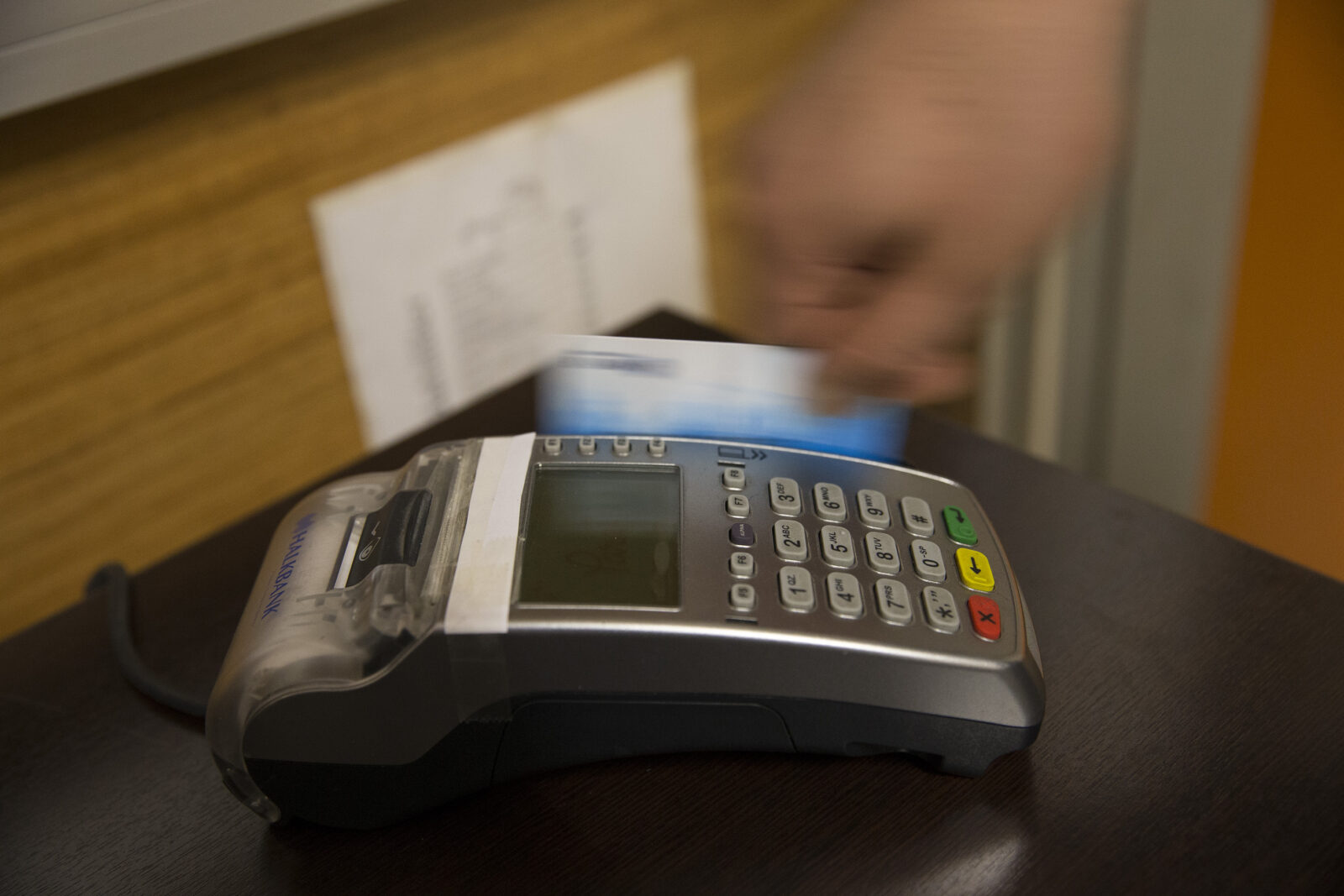Economic struggles grip Istanbul: Over half cut back on food, rent crisis deepens
 A view of the 15 July Martyrs Bridge in Istanbul, Türkiye on Dec.1, 2024. (AA Photo)
A view of the 15 July Martyrs Bridge in Istanbul, Türkiye on Dec.1, 2024. (AA Photo)
According to the Istanbul Planning Agency’s (IPA) survey, 63.5% of respondents stated that they find cryptocurrencies “insecure,” while 16.5% admitted having no information about them.
IPA released its “Istanbul Barometer” research for November 2024, which measures recent trends and insights from Istanbul citizens. The report revealed that 64.8% of participants noted that economic issues were the primary topic of discussion in their households.
Furthermore, 60.4% of respondents identified Türkiye’s main agenda as economic problems. Following this, 12.9% mentioned Israel’s occupation of Gaza, and 7.8% cited debates over the minimum wage as key topics.
Increasing cost-of-living challenges Türkiye’s biggest city
Economic issues dominated the report, with many citizens expressing concerns over rising retail, food, and housing prices. According to the findings:
- 53.3% of participants reported being unable to afford their preferred food items in November because of financial difficulties.
- 44.5% reduced portion sizes because they could not access sufficient food.
- 16.3% experienced times when they had no food at home because of financial hardship.


Additionally, one in 10 renters struggled to pay their rent last month, with 11.6% unable to cover the full amount.
In November, 29.4% of participants were unable to make some payments and went into debt, while 11.5% stated they could barely make ends meet.
Meanwhile, 39.4% said they were just managing to get by, and 19.8% mentioned being able to save money after meeting their needs.
Among credit card users:
- 41.2% paid their full monthly balance.
- 34.8% managed to pay only the minimum amount.
- 7.2% paid an amount between the minimum and the full balance.
- 8.8% paid less than the minimum.
- 8% were unable to make any payment.



Respondents also indicated that the minimum wage in 2025 should be ₺33,406 ($948.52).
Financial trends in Istanbul
The survey revealed that 78.9% of participants expect the exchange rate to increase within the next six months.
Moreover, 69.9% believe unemployment will rise, 78.9% foresee higher exchange rates, and 69.7% anticipate increased inflation. In contrast, 35.2% think growth will decline, and 41% predict a decrease in investments.
In November, 18.7% of respondents believed Türkiye’s economy would improve, 39.2% expected no change, and 42.1% predicted it would worsen.
Among those who reported saving money:
- 60.3% invested in gold.
- 18.7% purchased stocks.
- 16.9% bought foreign currency.
When asked about their finances, 28.4% said their economic situation would improve, 45.6% expected it to remain the same, and 26% anticipated it would deteriorate.



